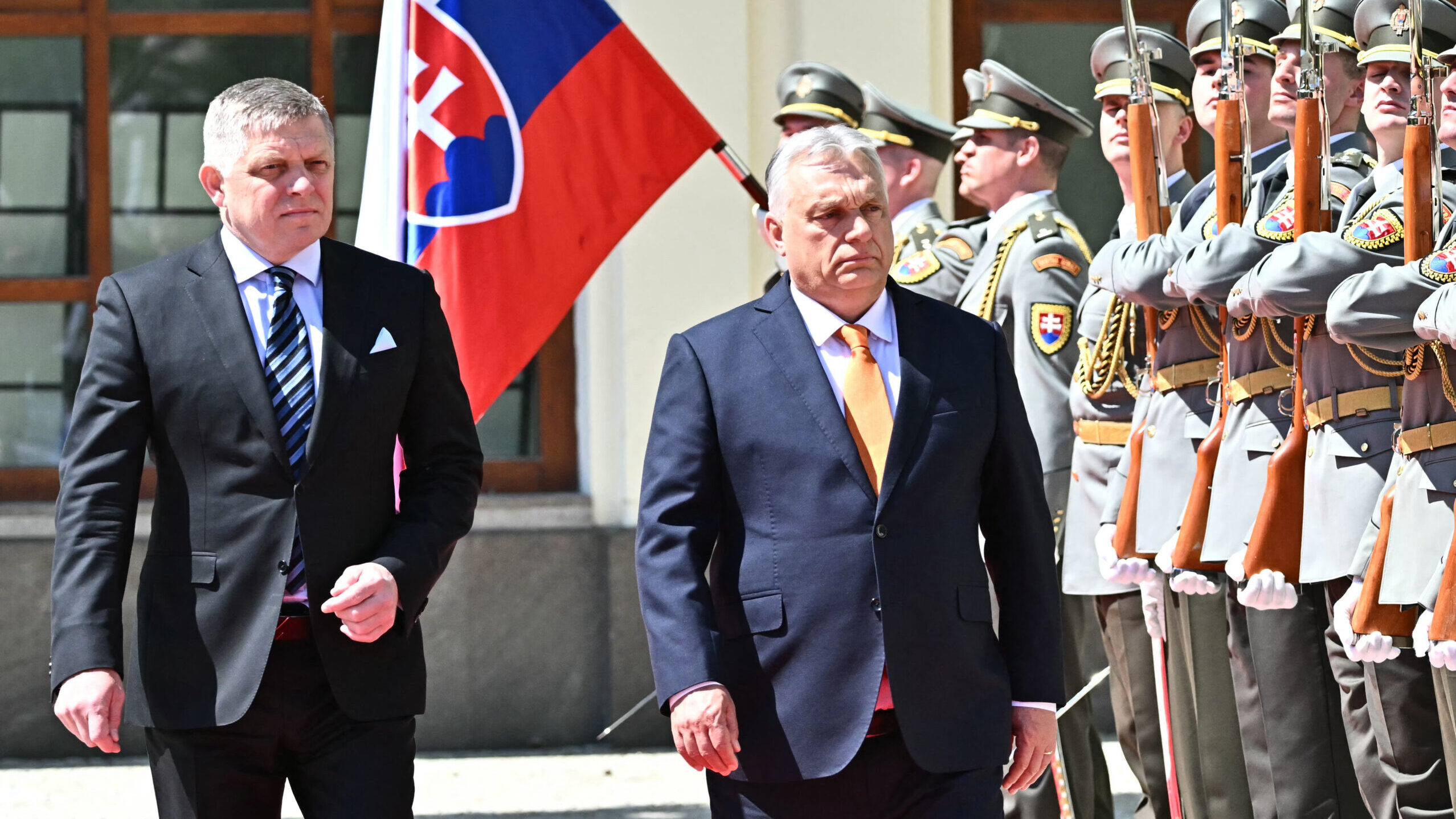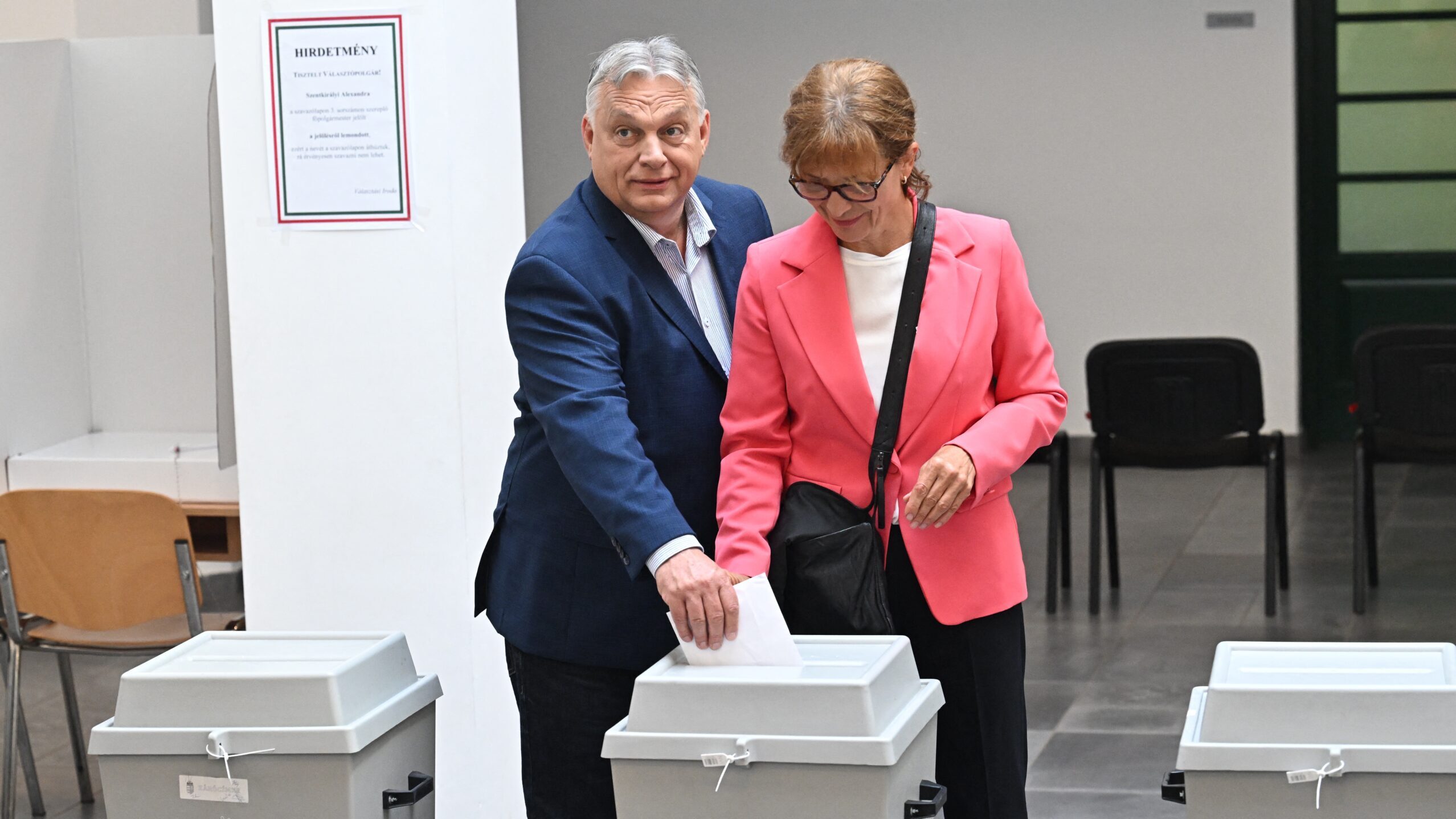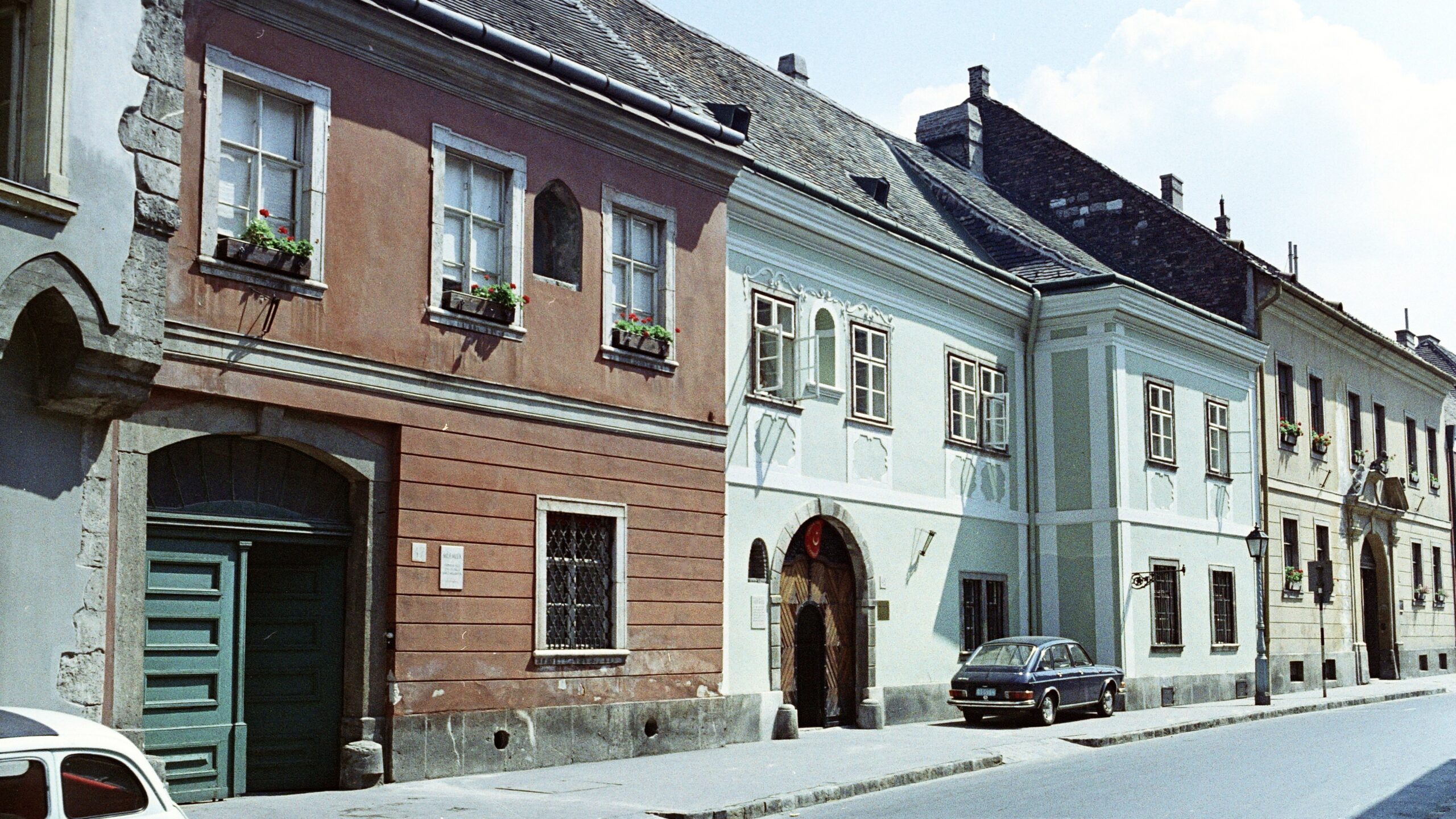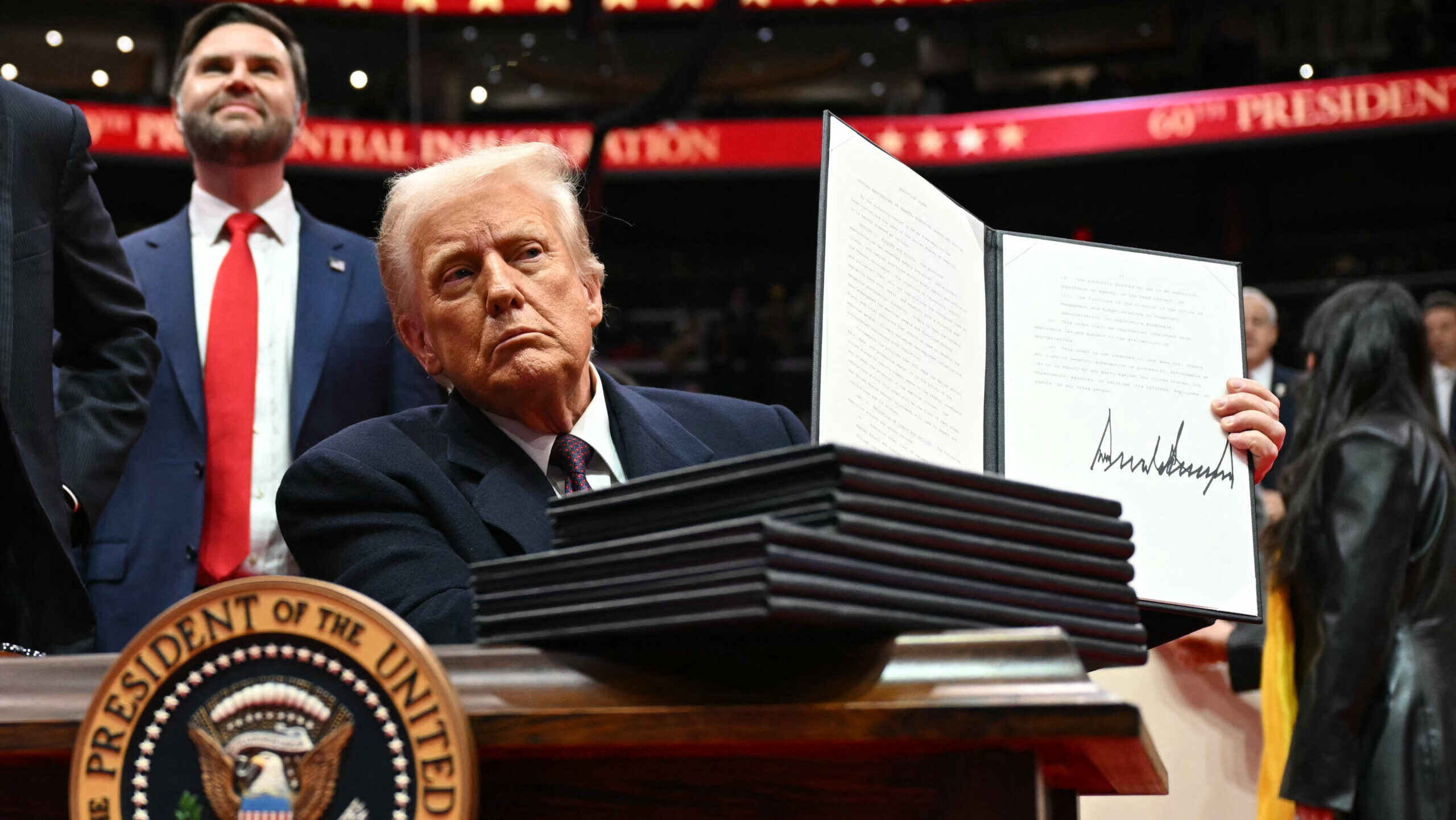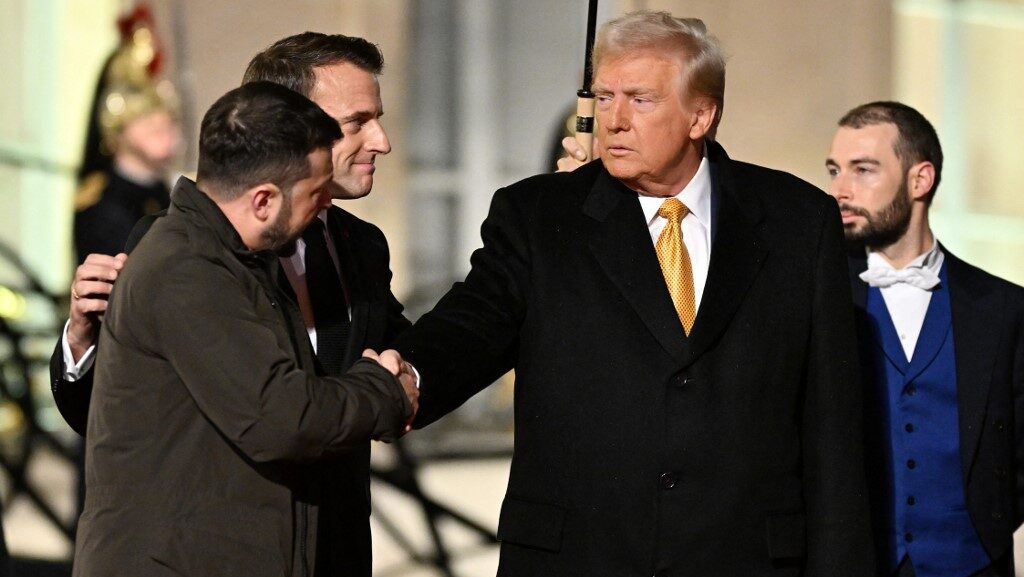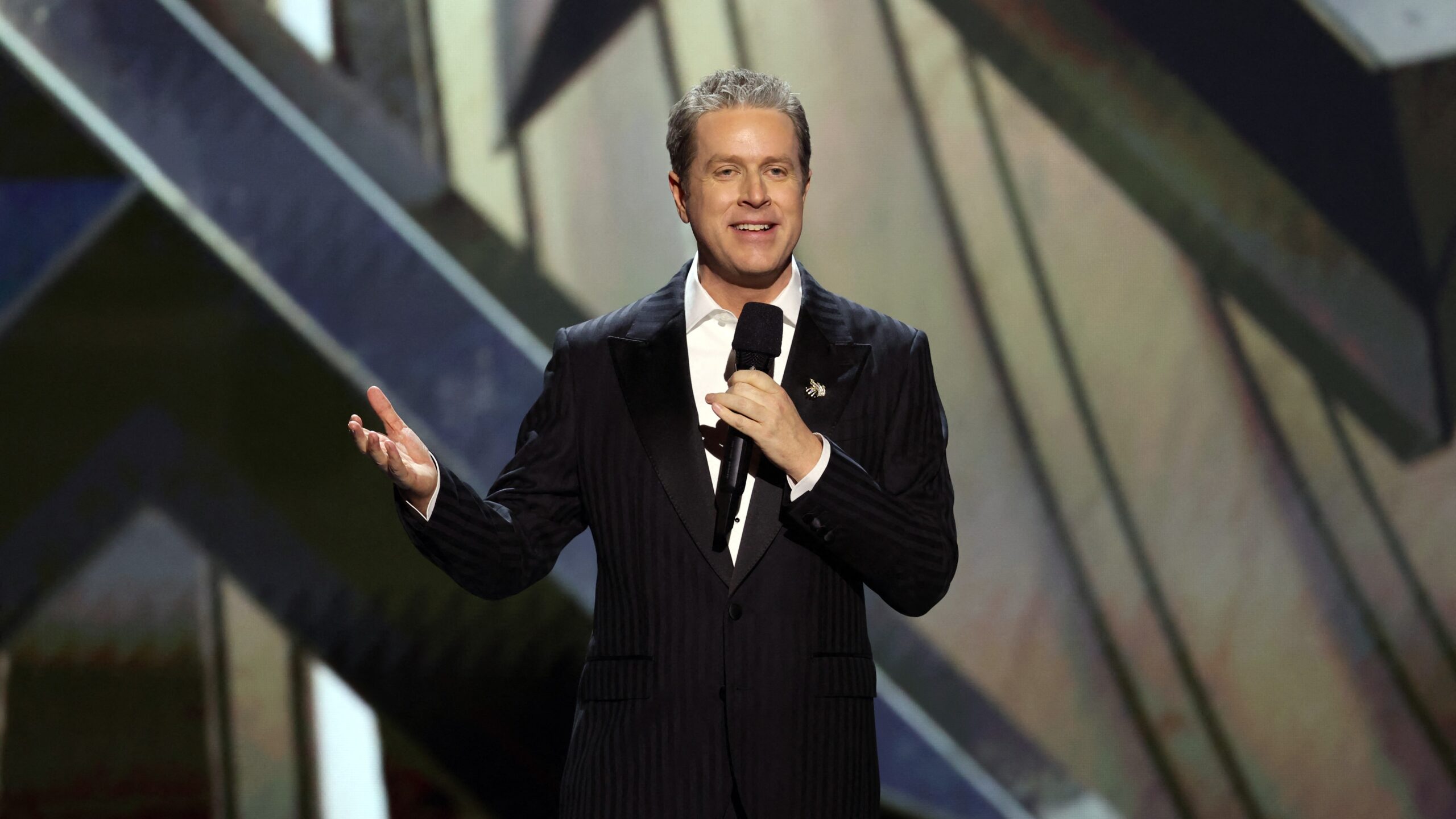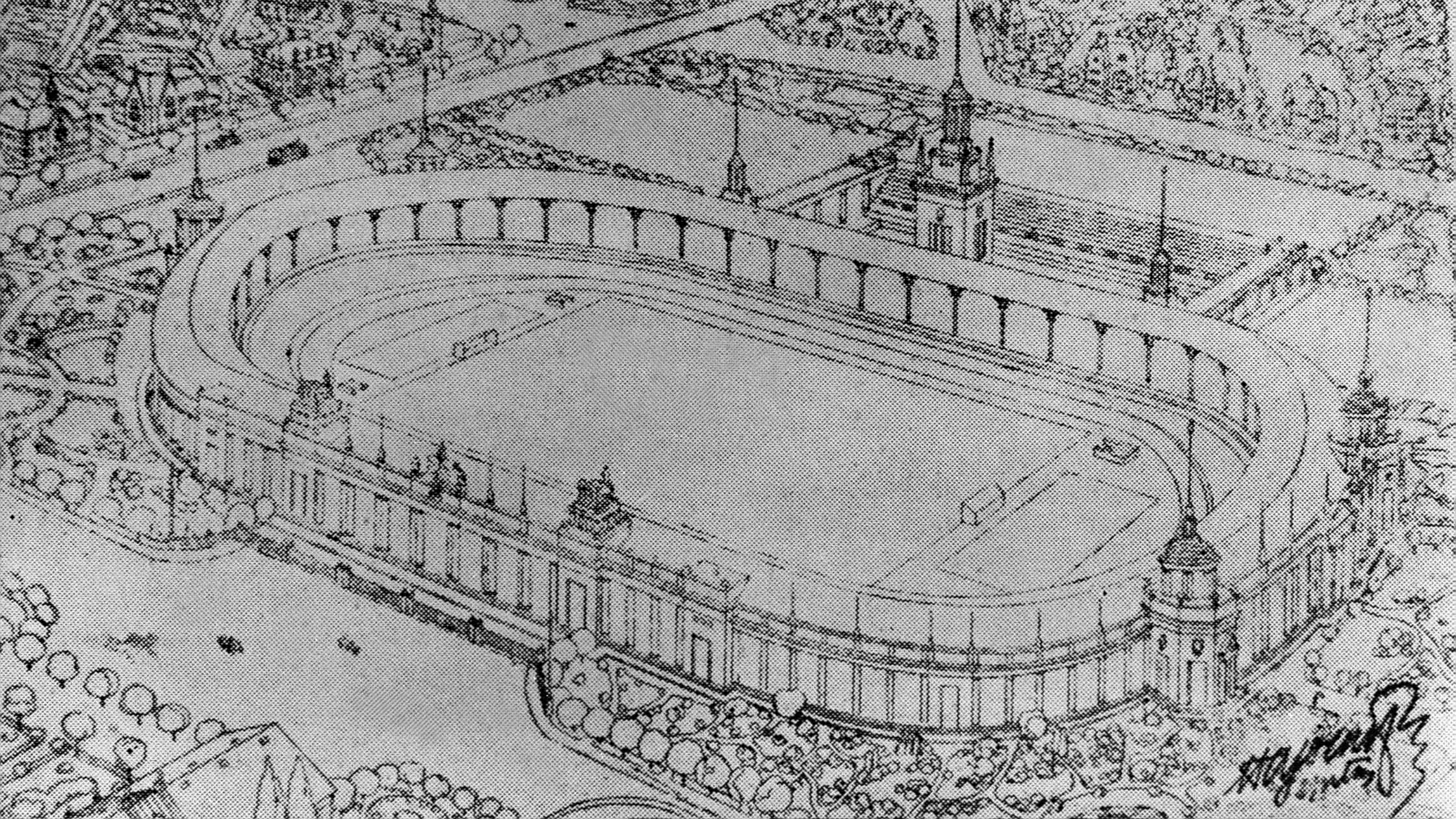
Albert Einstein,Thomas Mann and Alfréd Hajós Enter the Public Domain in 2026
From 1 January 2026, the works of Albert Einstein, Thomas Mann and hundreds of other authors and artists can be freely used, as copyright protection expires 70 years after the creator’s death, Hungary’s Intellectual Property Office said.

